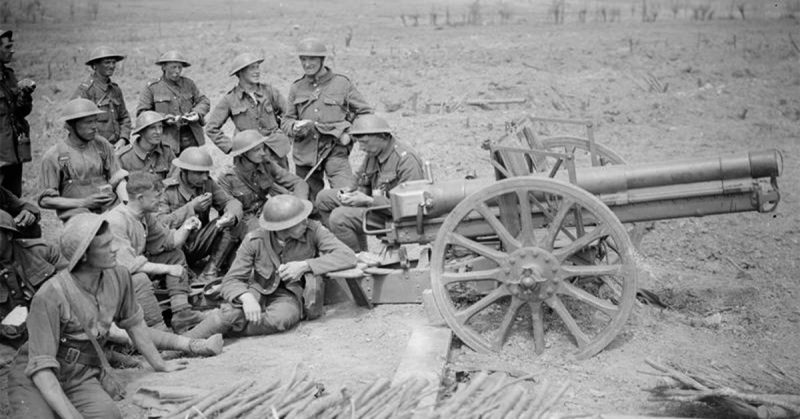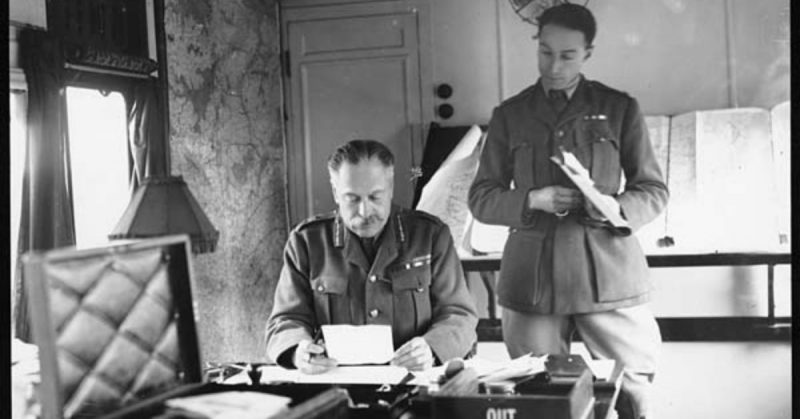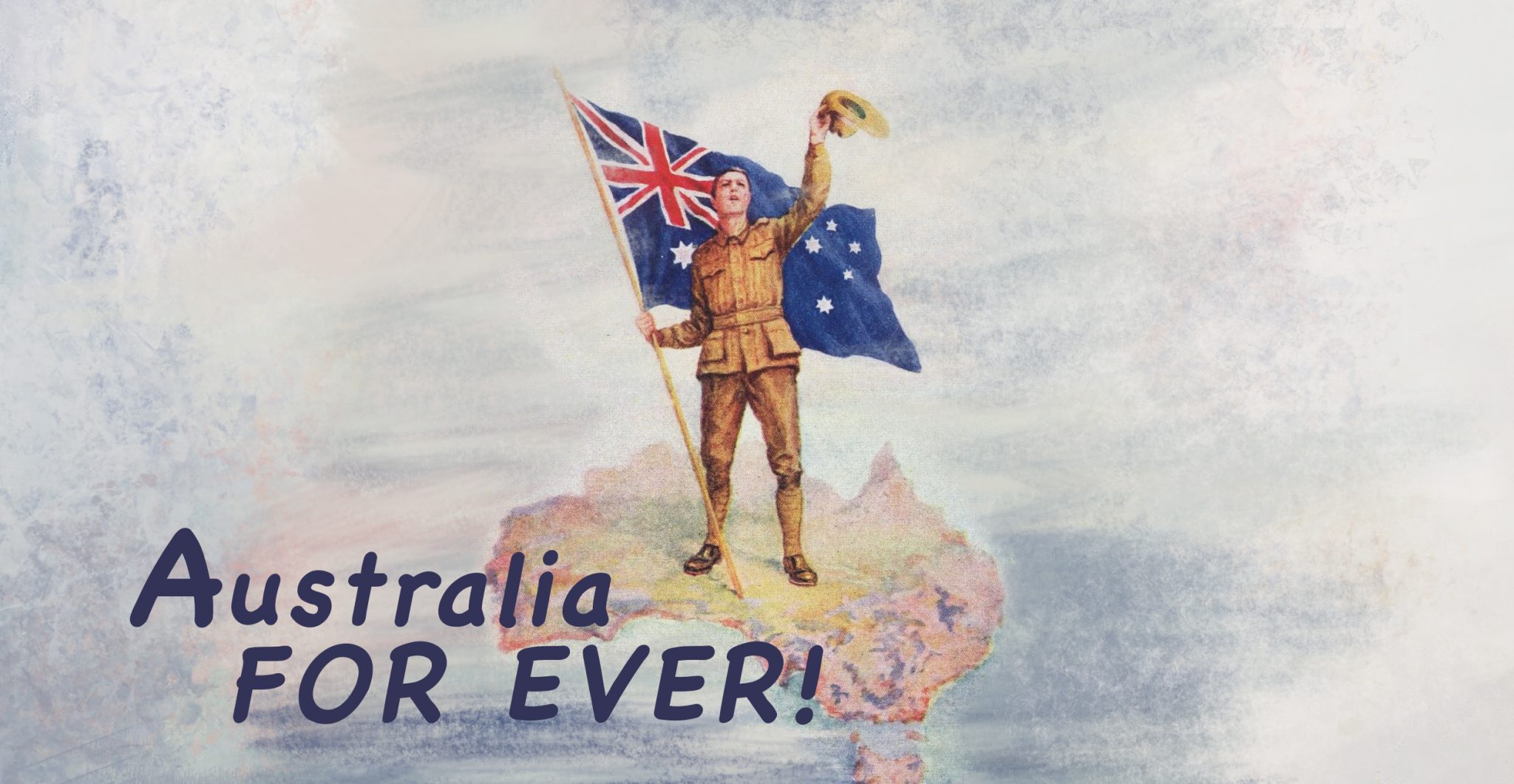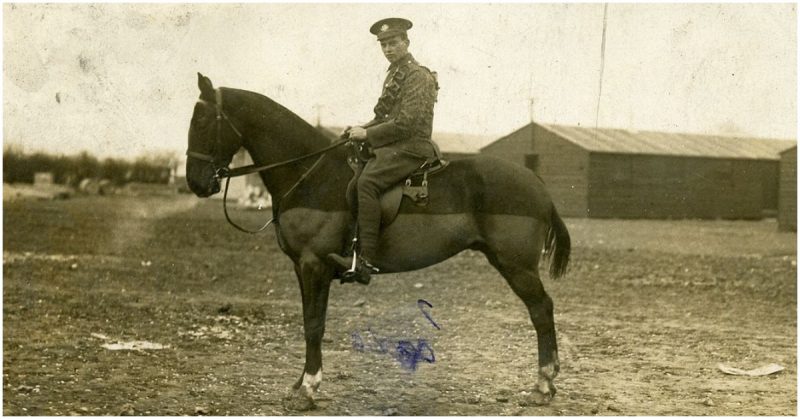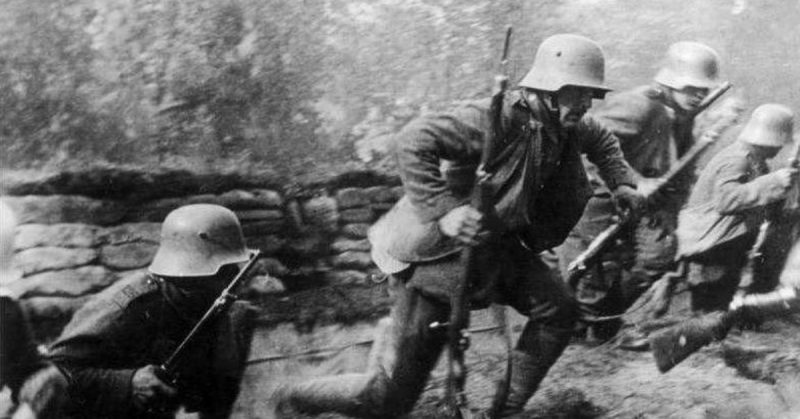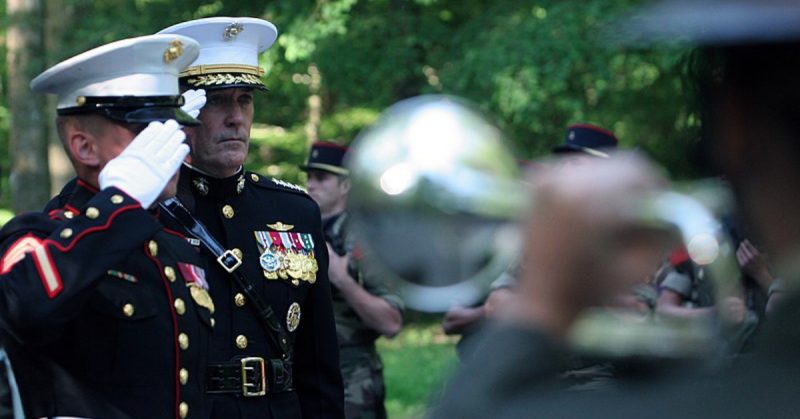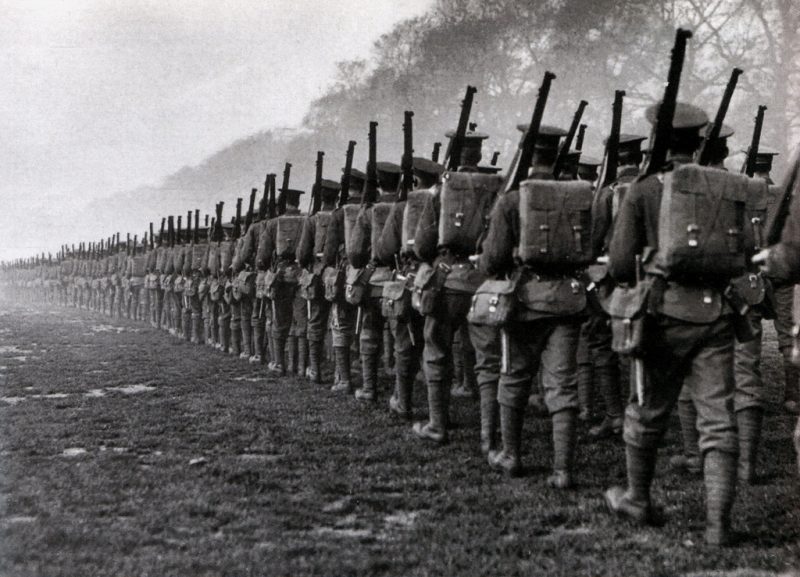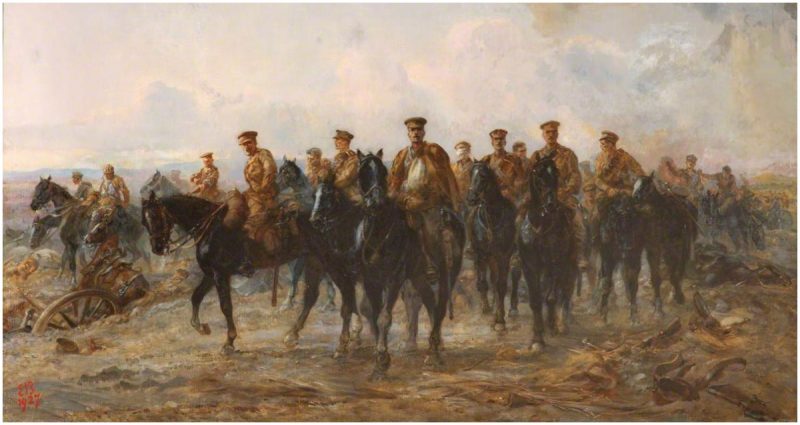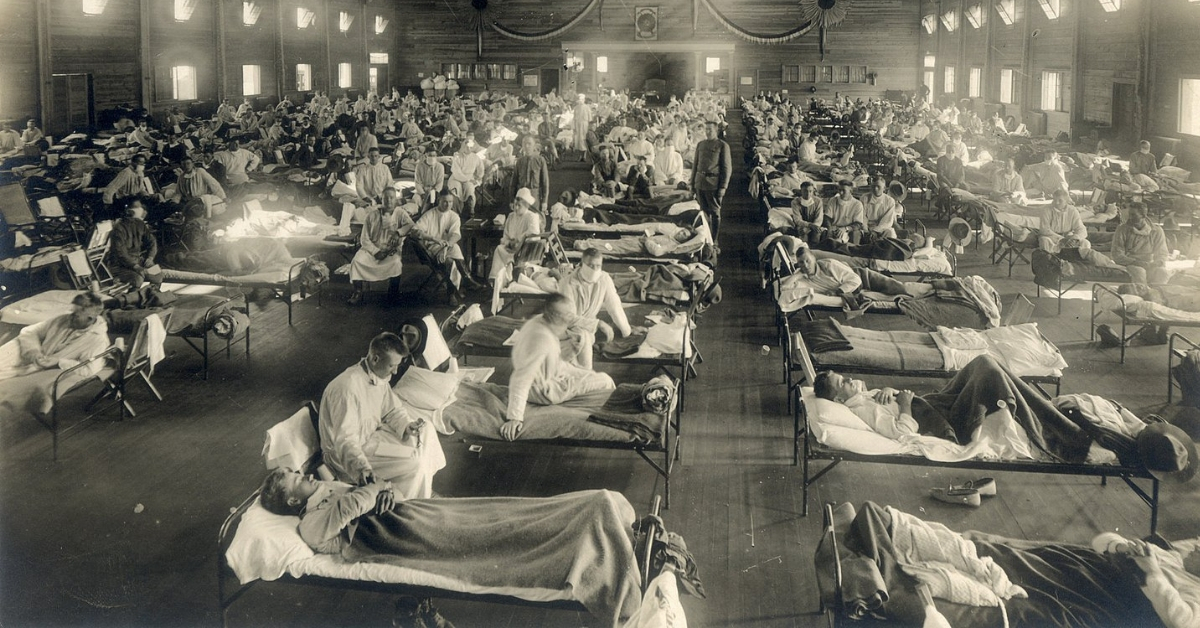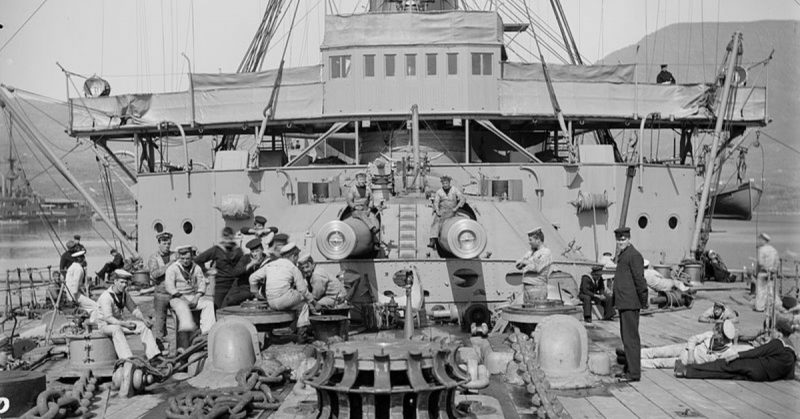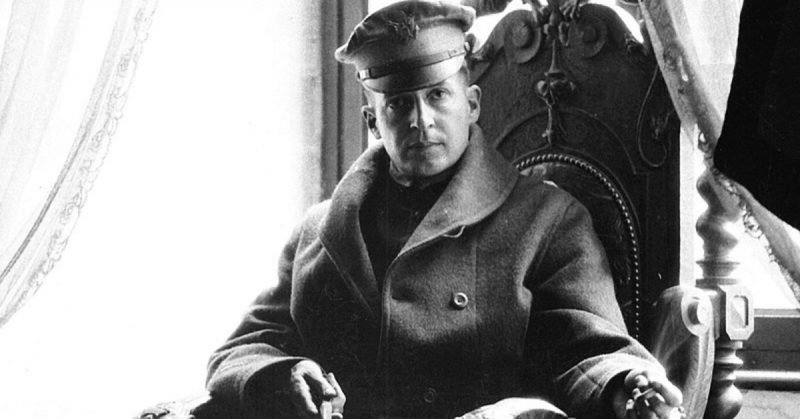The Battle of Messines 1917: Australian & New Zealand Troops Together
On June 7, 1917, Australian and New Zealand Forces (ANZAC) combined to form an attack on a German defensive position near the Belgium town of…
Field Marshal Sir Douglas Haig: The Most Controversial Figure of WWI?
Like most people, Haig used his diary to vent his anger and frustration, and some historians feel it’s unfair to assume he meant every heightened…
Fighting for Mother England: The Australian Infantry in WW1
The Australians were ordered to attack German trenches across an exposed strip of land in broad daylight. When the United Kingdom declared war on Germany…
The Real War Horse: WWI Grave Saved From Development Plans
The stone is green with age and moss, tilted by subsidence and the action of tree roots, but the words remain clear with “France and…
A One Man Arsenal: German Stormtroops of WWI
Stormtroops would be equipped with satchels full of grenades, making virtually every man a walking arsenal. In recent years, the term “stormtrooper” has come to…
Charged at 12 Germans With His Bayonet – Double Medal of Honor Recipient
The Battle of Belleau Wood would mark a turning point as the American forces helped to stop the final German offense of WWI. June 6,…
WWI Treasure To Be Salvaged From British Shipwreck Sunk by U-Boat
In 1997 2,000 bottles of champagne (1907 vintage) were salvaged from the wreck of a Swedish vessel sunk by a U-boat. An expedition is currently…
Basket Case, Strafe & Cooties: WWI Slang Still in Use Today
“Shrapnel” is a term that did not originate in WWI, but which was certainly popularized by the war. For better or worse, the First World…
The Battle of Le Cateau: Britain’s Bloody Nose in WWI
The colours of dusk had begun to paint the skies above them, and the bodies of these men begged for a wink of sleep. The…
Wiped Out up to 50 Million, Spanish Flu Carried to Europe by US Troops Heading for the Trenches of WWI
The weaker patients had a higher chance of survival. It was the young and healthy that experienced a higher mortality rate. While Denmark remained neutral…
Churchill’s Catastrophe: The Disaster Before Gallipoli
On November 3, 1914, before the United Kingdom even officially declared war on the Ottomans, Churchill ordered bombardments to begin. The European Great Powers had…
Big Ego, Love Him or Hate Him But MacArthur Lead From the Front in WWI
American generals and forces were under tremendous pressure to show that their arrival in Europe was not just full of promise, but a real contribution.…
